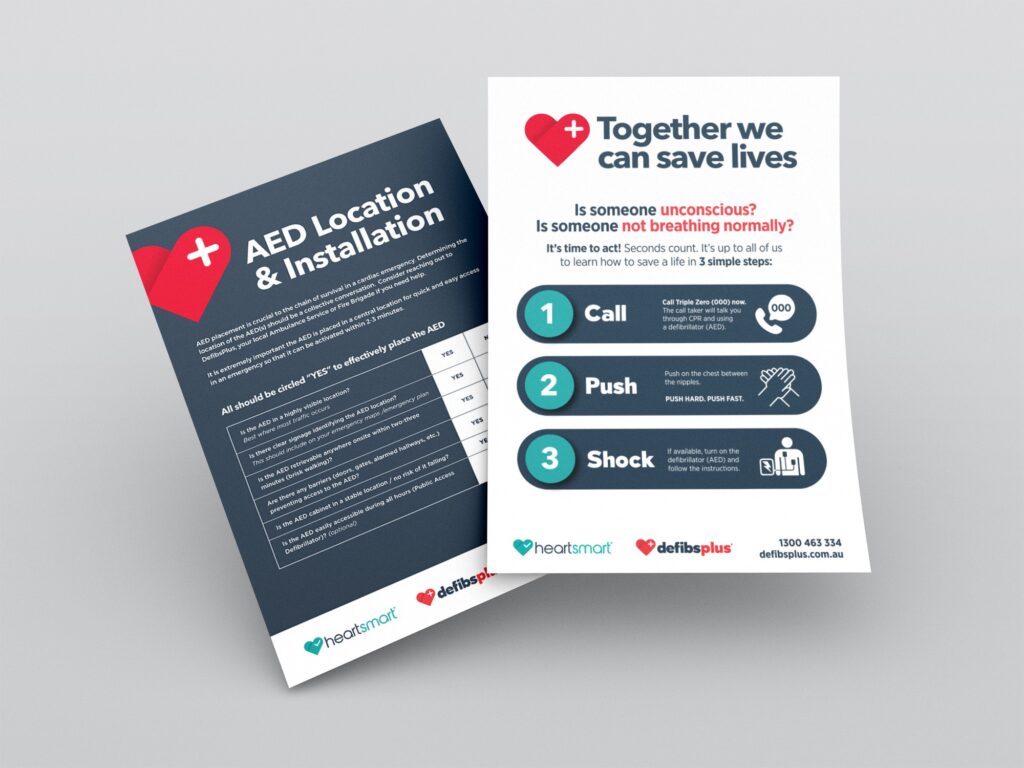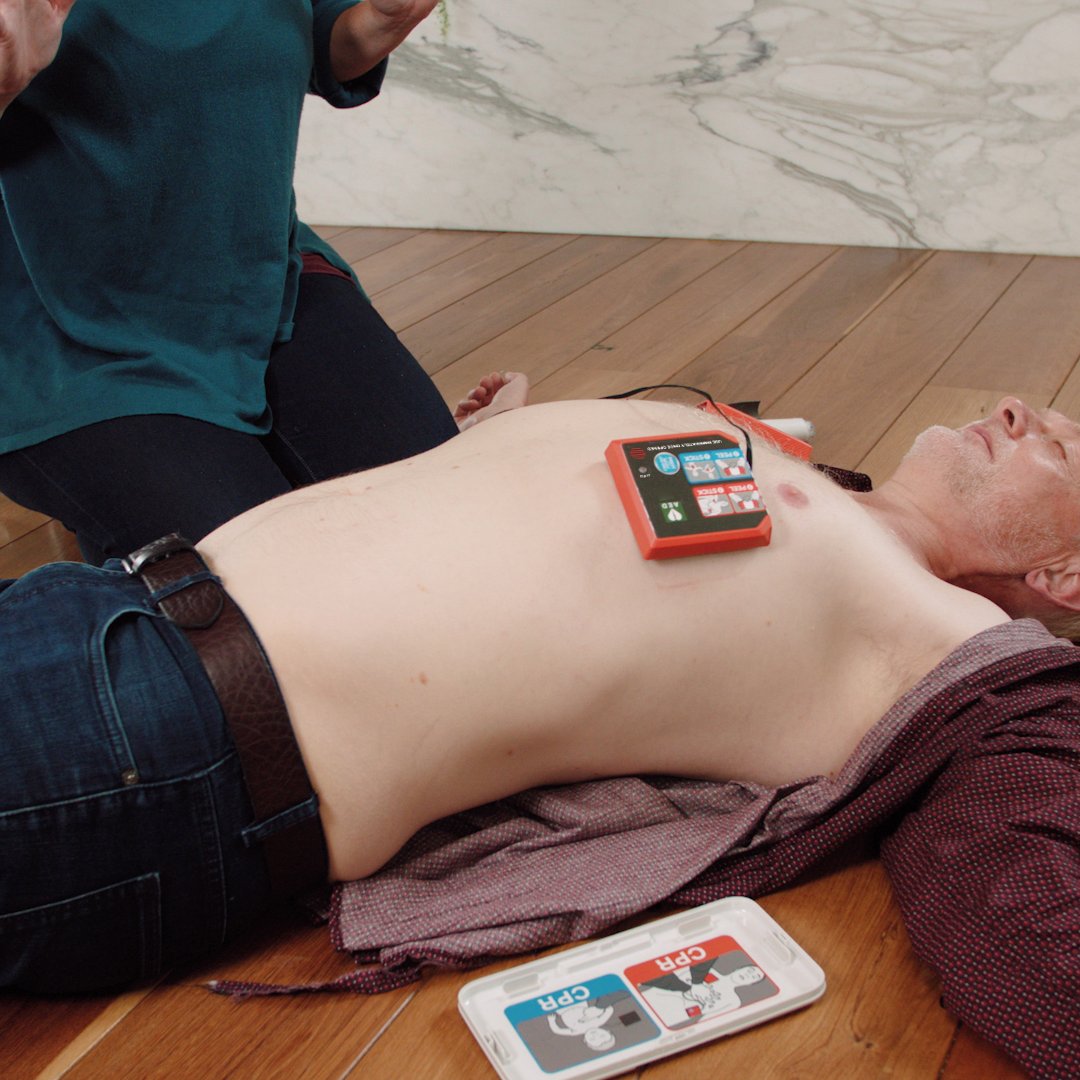

Measuring your heart rate is easy, and it’s a good way to evaluate your general health because it gives you an idea of how your heart is performing. Here’s some insight into how to measure your heart rate, what a healthy heart rate should look like, and more.
Today, most fitness devices can monitor your heart rate through the day as you rest, exercise and work. There are even some great apps you can download for your smartphone. You can also check your heart rate manually:
There is no exact measurement for a normal heart rate, as this changes depending on activity, age, medications and fitness levels. However, there is a good range that you should aim for, which is about 60-100 beats per minute when you are at rest.
If your heart rate is slower than that, it’s called bradycardia, and if it’s faster, then it’s called tachycardia.
If you are very fit, you may have a resting heart rate of 50-70 beats per minute, but for most people, you should chat to your doctor if your heart rate is unusually high or low, as it can be a sign of a health issue.
Slow heart rates can be an indication of heart disease, an underactive thyroid, an infection, or high levels of potassium. It can also be a side effect of medication or poor sleeping patterns. If you have a history of heart disease or thyroid problems, or have recently moved onto a new medication, it’s worth having your low heart rate checked out by a doctor.
A rapid heart rate over 100 beats per minute usually occurs during exercise (especially cardio exercise), when we’re nervous or excited, or if you’ve taken a stimulant (like a strong coffee). Often, women who are pregnant have a slightly higher heart rate too.
However, it can also be a sign of ill health, as a racing heart can indicate fever, heart problems, an overactive thyroid, medications, asthma or breathing problems, or low levels of potassium. Again, if you have a history of heart, lung or thyroid issues, or have recently changed to a new medication, it’s worth having a doctor evaluate your heart rate professionally.
Assessing your heart rate can also help pick up certain heart health conditions that affect the way your heart beats. If you notice that your heart skips a beat, adds a beat or flutters, then you have an erratic heart rate. This is called arrhythmia, and it’s a result of a problem in the heart’s internal electrical system which controls your heart’s contractions.
You may have additional symptoms, including pounding in your chest, feeling lightheaded, shortness of breath, chest pain, sweating and weakness.
Arrhythmia may be a result of your genetics and can happen in a healthy heart. It can also occur if you have heart disease, an imbalance of potassium, are recovering from heart surgery, have high blood pressure or diabetes, or live a sedentary life with a poor diet. Some medications can even cause arrhythmia.
There are several different types of arrhythmia, and it’s important that you speak to your doctor about getting a diagnosis because this condition places you at higher risk for cardiac events, including Sudden Cardiac Arrest (SCA). Your doctor will be able to recommend a treatment plan that will help control your arrhythmia, relieve symptoms and better protect your health.
At DefibsPlus, we’re all about saving lives – from supporting people in getting fit and improving heart health to empowering people through affordable AEDs and parts, as well as FREE defibrillator training for your team, family or community group.


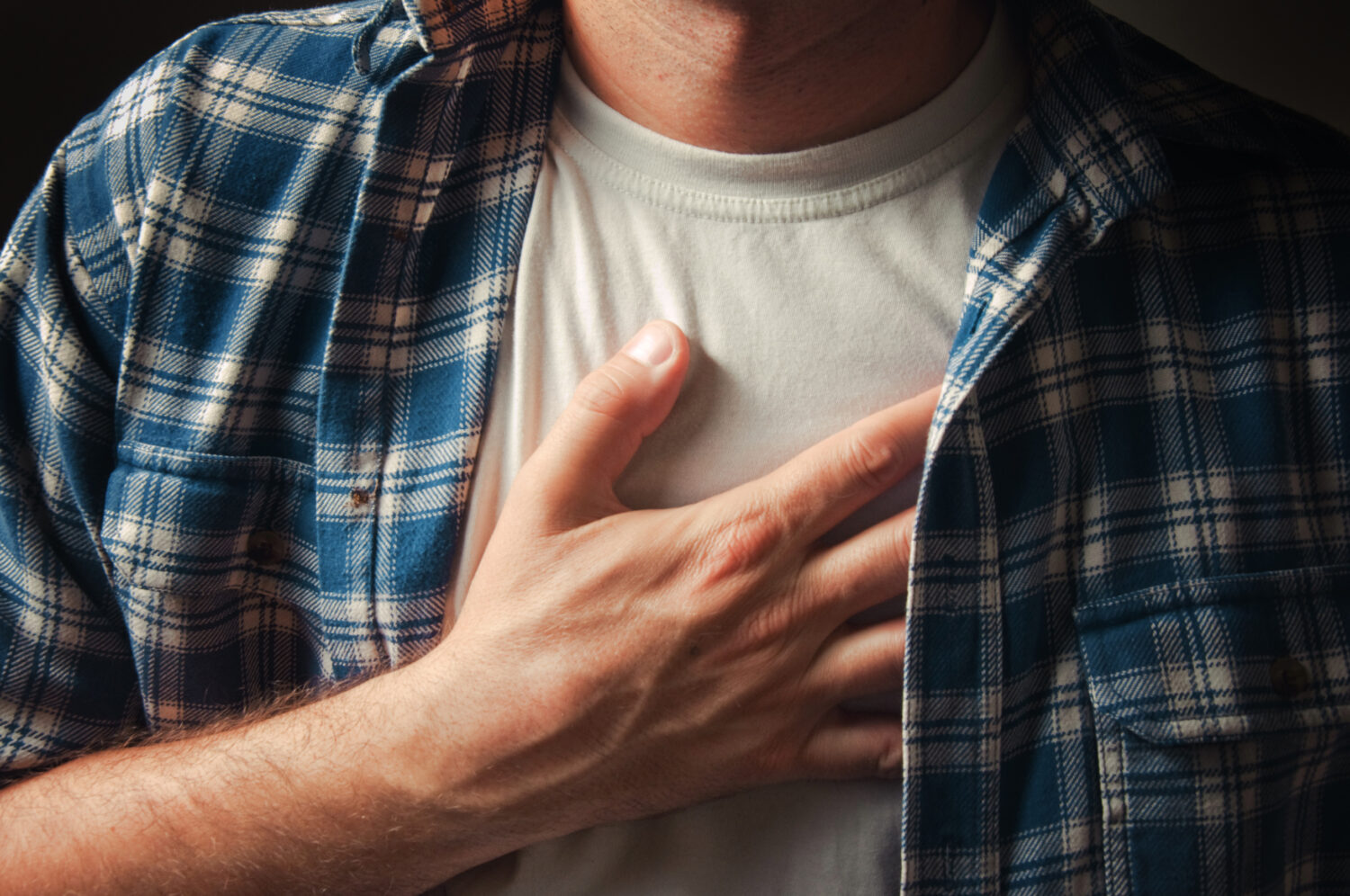
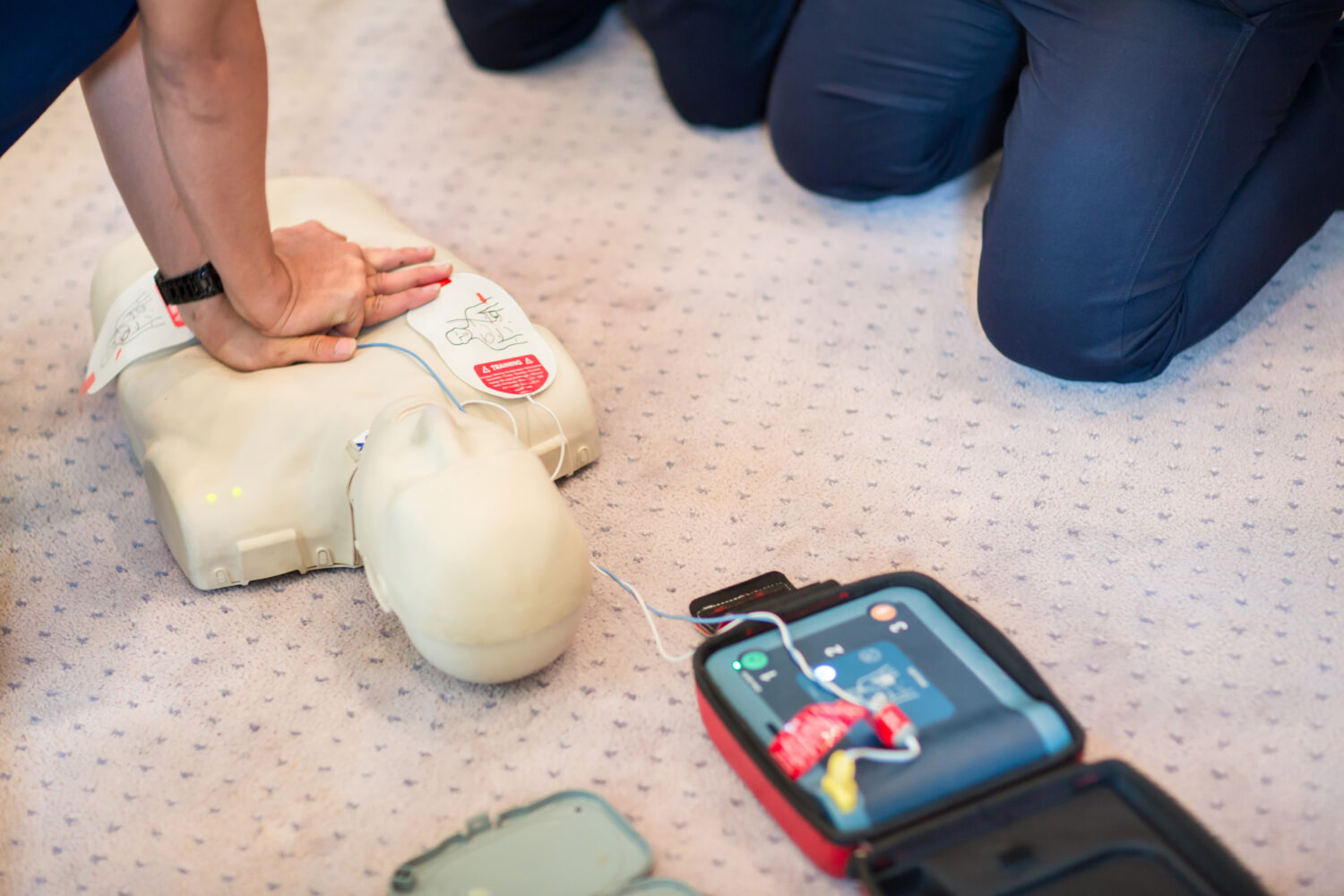
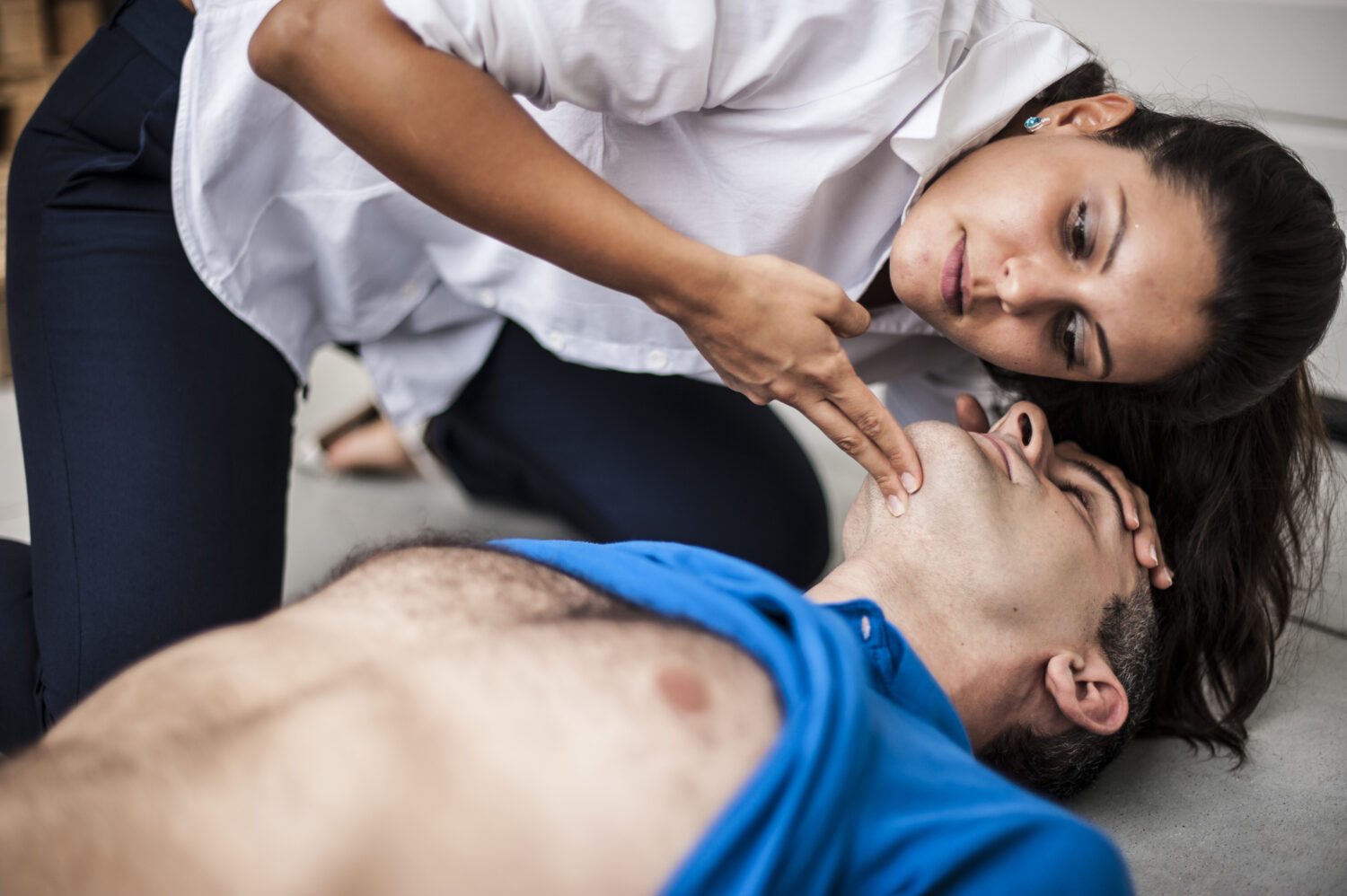
Interested in ordering defibrillator products or training for your organisation? Fill in the form below and a member of our sales team will contact you as soon as possible. Thank you for your interest.

| Resources | Are you COVID-19 safe?, COVID-19 CPR & Defibrillation, Call, Push, Shock, CPR Rapid Action Plan, Chain of survival, How to use an AED, Helpline Support, GoodSAM App, Heart Smart Program, FAQ, AED Checklist, AED Checklist, AED Policy & Procedures, AED Maintenance Checklist |
|---|
